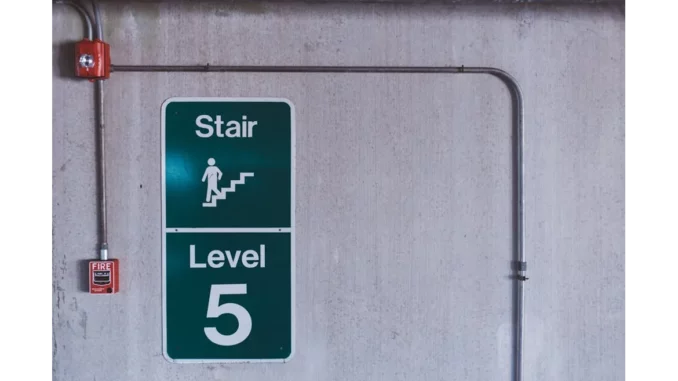
In the wake of the Grenfell Tower disaster, the role of fire risk assessors has come under increased scrutiny, prompting essential discussions regarding competency and regulatory measures within the profession. Recently, I had the opportunity to engage with Howard Passey, Senior Technical Consultant for the Fire Protection Association (FPA), to delve into the findings of the Grenfell Tower Inquiry Phase 2 and to explore the future trajectory of fire risk assessment in the United Kingdom.
Focus360 Energy: property compliance services – pre-planning to post-construction. Learn more.
Howard Passey, a seasoned authority in the field of fire safety, stands at the forefront of advocating for heightened standards and accountability in fire risk assessment. In our conversation, he underscored the critical need to implement the recommendations from the Inquiry to ensure that fire risk assessors are both competent and held to a uniform standard across the industry. “The Grenfell Tower Inquiry has exposed some uncomfortable truths about the state of fire risk assessments,” Passey began. “The inadequacies highlighted in the report underscore the urgent need for a systematic overhaul in how we approach competency within our field.”
Passey elaborated on the findings of the Inquiry’s Phase 2 report, which criticised the fire risk assessments conducted at Grenfell Tower for their failure to identify pivotal hazards—particularly the flammable cladding, inadequate fire doors, and the absence of robust evacuation strategies for vulnerable residents. He explained that these oversights are indicative of a larger issue within the industry: a lack of standardisation and insufficient regulatory oversight. Passey asserted, “The Inquiry’s call for mandatory accreditation and competency certification is a crucial step forward. It’s about ensuring that every fire risk assessor, regardless of background, meets a minimum standard of competence. This isn’t just a bureaucratic exercise—it’s about saving lives.”
The conversation turned to the industry’s historical struggles in defining and enforcing competency standards. Passey noted that, for years, efforts to introduce mandatory regulations encountered resistance. “There was this belief that the industry could self-regulate,” he reflected, “but as Grenfell showed, that’s simply not enough.” Despite past challenges, he expressed optimism about recent developments, such as the draft British Standard and the Fire Risk Assessor Competency Verification Project Board, which aim to establish a cohesive framework for competency assessment. “These initiatives are promising,” Passey noted, “but we still have a long way to go in terms of implementation and ensuring widespread compliance.”
Passey highlighted a particularly challenging aspect of the profession: the expectation that fire risk assessors serve as the ultimate authorities on all fire safety issues within a building. “There needs to be a clearer distinction between the roles of fire risk assessors and fire engineers,” he argued. “We can’t expect assessors to have the same expertise as engineers, particularly when it comes to complex fire-engineered solutions.” Additionally, he emphasised the significance of integrating fire risk assessments into the broader framework of building safety, particularly concerning the ‘golden thread’ of building information. “Having comprehensive, accessible records is vital,” he said. “It ensures that fire risk assessors have the information they need to make informed decisions and that any identified risks are addressed promptly.”
As our discussion concluded, Passey reflected on the cultural shift necessary within the industry to prioritise safety and competence. “It’s not just about ticking boxes—it’s about creating a culture of accountability and continuous improvement,” he concluded. “We owe it to the victims of Grenfell and their families to ensure that such a tragedy never happens again.”
The insights offered by Howard Passey highlight the pressing need for reform within the fire risk assessment industry. The Grenfell Tower Inquiry has acted as a catalyst for a movement towards enhanced accountability and standardisation. However, as Passey aptly pointed out, the journey is far from complete. Ensuring that fire risk assessors are adequately trained and certified is not merely a regulatory requirement—it’s a moral imperative. The industry must embrace these reforms, fostering a culture that prioritises safety and continuous improvement, and ultimately, preventing future tragedies.


Be the first to comment